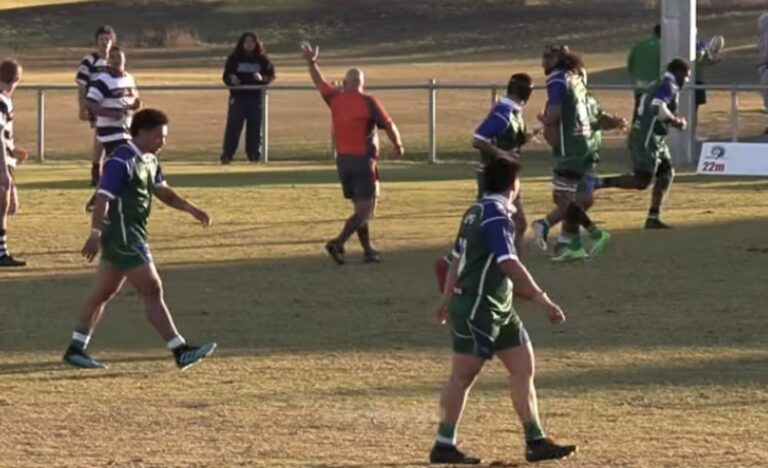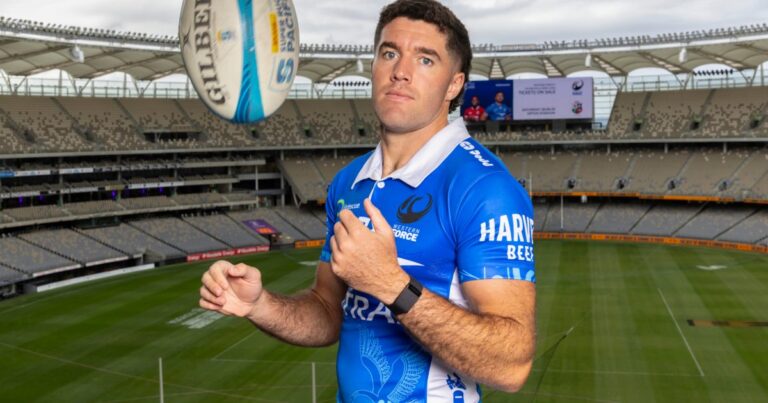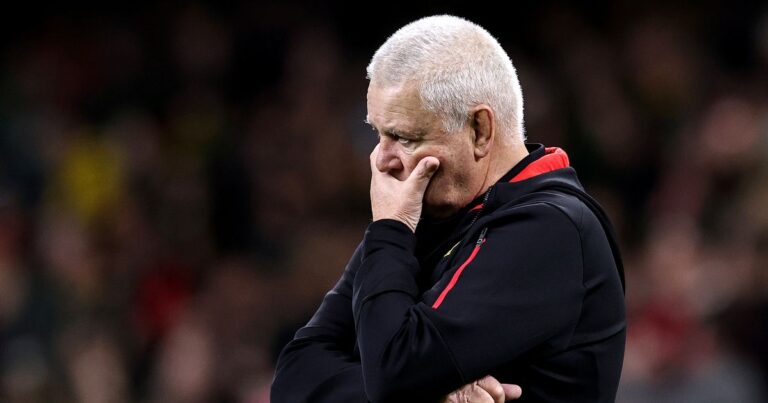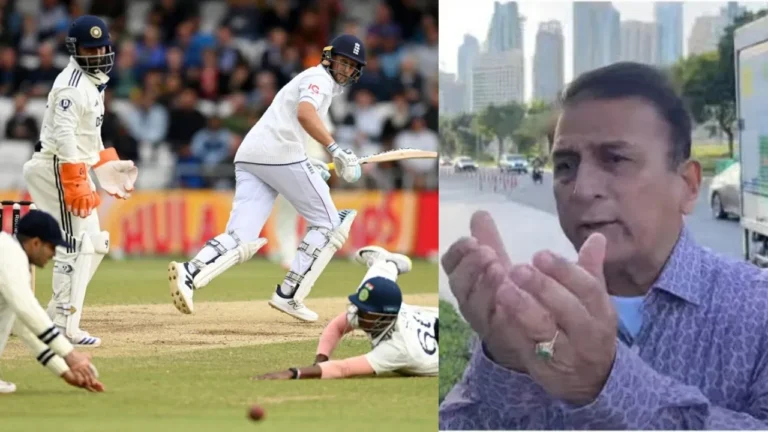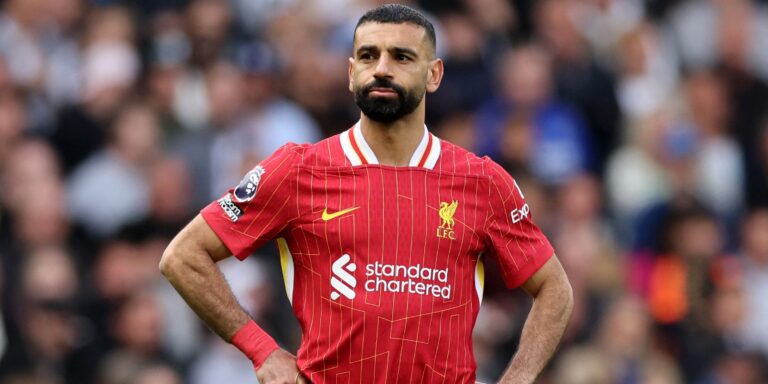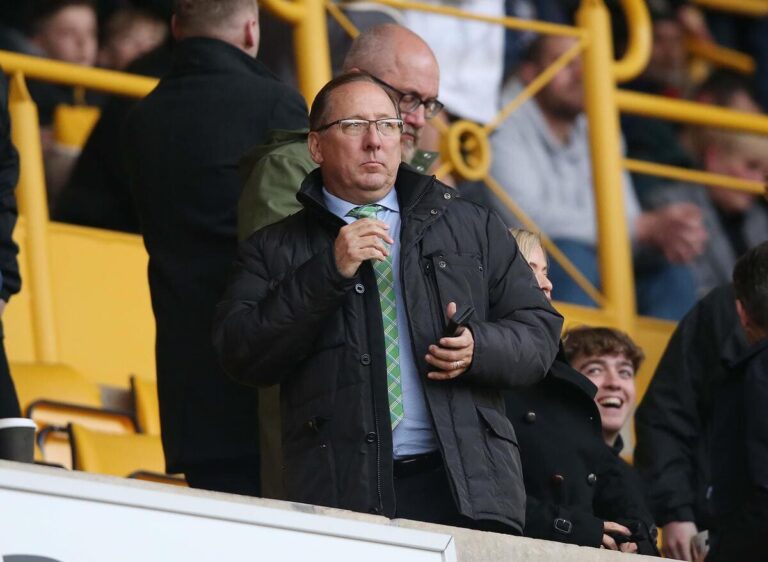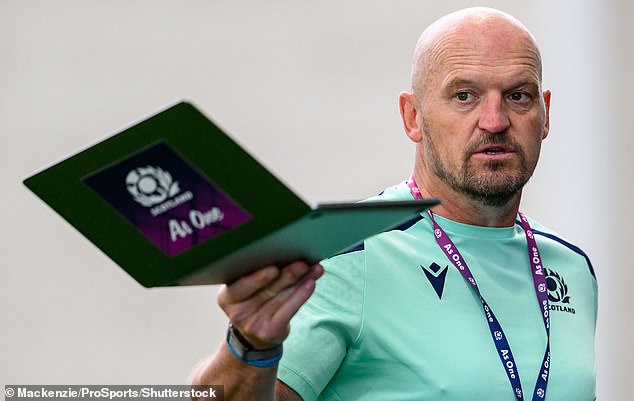
WHEN Alex Williamson took over as the new chief executive of Scottish Rugby earlier this year, there was a feeling that he would look to shake things up.
Shortly after his unveiling, Williamson outlined his plans for a fresh start. Moves were being made behind the scenes to change the culture of Scottish Rugby and for the organisation to move forward from the Mark Dodson era.
He spoke about striving to create a best-in-class mentality throughout the building. He spoke of accountability. It felt like much-needed winds of change were set to blow through Murrayfield.
Yet, six months down the line, nothing has really changed. On and off the field, it feels like Williamson is now content on settling for a status quo.
Plans are now very much afoot to extend Gregor Townsend’s stay as Scotland head coach beyond the expiry of his existing deal, which runs until April next year.
When Williamson spoke last week about his plans to offer Townsend a new contract, he sounded like a man talking himself up a blind alley.

The SRU want Gregor Townsend to extend his Scotland contract until 2027

A new contract for Townsend would block Franco Smith’s pathway to the Scotland job
Perhaps he had been drinking a bottle of the Kool-Aid left behind by his predecessor Dodson. Either way, the news went down like a lead balloon among the majority of Scotland fans.
The word at Murrayfield is that Townsend will now be offered a new contract to take him through until the next World Cup in 2027.
The feeling is that things are only heading in one direction from here. While no formal offer has yet been made, all roads look like they are leading towards an extension.
Privately, Townsend would love another crack at a World Cup. As and when the offer is made, it will be a formality of dotting the i’s, crossing the t’s, and finding the best time to announce it.
If Scotland make it three wins from three on their upcoming summer tour, the smart money would say that a new deal would be announced fairly swiftly on the back of that.
If Scotland were to lose any of their games against the Maori All Blacks, Fiji and Samoa, then it becomes a tougher sell. Don’t be surprised if plans were shelved until the autumn.
A strong squad has been selected and the expectation is that they should make it a clean sweep of three wins from three.
Either way, given how bold Williamson was in his proclamation last week, it’s not difficult to see how this one pans out from here.
Scotland fans are entitled to ask one obvious question. though. Namely, what has Townsend done to actually deserve his contract being renewed?
Given the way things have stagnated over the past couple of years, how can anyone possibly justify him being handed a new deal and taking Scotland into another World Cup?
He has presided over two failed campaigns in the tournament 2019 and 2023, with Scotland being knocked out at the pool stage on both occasions.
There was a degree of mitigation two years ago given they were in a brutally difficult section alongside Ireland and South Africa. Not so when they lost to Japan four years previously.

SRU chief executive Alex Williamson wants Townsend to stay on for a third World Cup

SRU Performance Director David Nucifora won’t be retained beyond his two-year contract
The nature of the defeat to Ireland in Paris in 2023 felt like an obvious juncture for a parting of the ways. By that stage, however, Scottish Rugby had already handed Townsend an extension until April 2026.
They renewed his contract just four months out from a World Cup when there was no need to do so. The smarter move would have been to wait and make a decision based on performance and results.
The deal they handed to Townsend always felt like it extended to an awkward juncture, post-Six Nations in 2026 and only 18 months out from the next World Cup.
With another extension now on the cards for a head coach who has clearly run his race with Scotland, the whole affair has been poorly managed for years.
Why are Scottish Rugby so keen to reward failure and mediocrity? Why do they have such a cack-handed approach to contracts and the recruitment of staff?
Instance the news that David Nucifora won’t be retained beyond the initial two-year agreement as performance director.
A role which demands long-term planning and full commitment, Nucifora will spend this summer flitting between his home in Australia and his job with the British and Irish Lions Down Under.
As for the development of young talent in Scottish rugby? Nothing but an afterthought.
But back to Townsend. Why are Scottish Rugby persisting with a head coach who, for all the good moments he has enjoyed with Scotland over the years, can’t make that next step and challenge for silverware?
Williamson can talk all he wants about changing the mindset and culture within Murrayfield, but the most important part of setting those concepts for any professional sports organisation is what happens on the field.
Over the past two Six Nations campaigns, Scotland have won only four of their ten matches. They have finished fourth on both occasions.
Even in the good years, Townsend’s best efforts are a couple of third-placed finishes. Scotland have never contended for silverware. It’s mid-table mediocrity.
Townsend is Scotland’s longest-serving head coach across one stint. His numbers and his win percentage hold up with the very best of his predecessors.
But the difference with the likes of Jim Telfer and Sir Ian McGeechan was the fact they moved mountains and won silverware. On the contrary, Townsend hasn’t even had a sniff of a trophy.
That’s despite being blessed with the best squad of players in a generation. For all the flair and attacking rugby, for all the Calcutta Cup dominance over England, for all the other statement wins, there’s still nothing tangible to show for it.

Franco Smith led Glasgow Warriors to the URC title last year
It’s possible to believe that Townsend has done a decent enough job over his eight years in the job, while also believing the time is right for a change to be made. The two are not mutually exclusive.
Nor should a list of his accomplishments be divorced from a feeling that more could have been possible with the talent at his disposal.
A knock-on effect of Townsend being offered a new deal is the fact that it greatly diminishes the chances of Franco Smith taking charge of Scotland.
Williamson spoke last week of a desire to extend Smith’s stay with Glasgow Warriors. At a time when he’s being coveted for so many top jobs, he might not fancy hanging around waiting for Townsend to be moved aside.
Smith is the obvious successor. A man who has transformed Glasgow and turned a team of also-rans into champions, he was heir to the throne.
It now looks like Scottish Rugby are in serious danger of missing the boat. Allowing a coach of his calibre to slip away from under their noses isn’t so much a risky move as bone-headed stupidity.
After another Six Nations campaign went down the drain this year, it felt like things had reached an end-point under Townsend. On and off the pitch, the whole thing had gone stale.
Hence why the desire to extend his contract has caused such a stir. After two failed World Cups and two poor Six Nations campaigns in the past two years, any serious rugby nation would hold the head coach accountable.
They would recognise the danger of heading to hell in a handcart unless a change was made. Scotland? We do things differently and hand the head coach a shiny new contract.
The old cliche in sport says the margins between success and failure are fine.
The margins between a team that fall into mid-table mediocrity and one that challenges for silverware? They are a lot bigger. And, under Townsend, Scotland look no closer to bridging that gap.

USA Ryder Cup captain Keegan Bradley with the Travelers Championship trophy
Bradley’s captain conundrum could spell big trouble for USA
KUDOS to Keegan Bradley for a fine victory in the Travelers Championship last weekend. As Tommy Fleetwood faltered down the stretch at TPC River Highlands, it was the American who profited to win by a single shot.
Given that Bradley had carded rounds of 63 and 64 earlier in the week, few would dispute he was a worthy winner despite Fleetwood’s late collapse.
But it now brings the prospect of US Ryder Cup captain Bradley playing his way on to the team sharply into focus.
On current form, it looks increasingly likely that he will play his way on to the team on merits.
If he was to narrowly miss out on qualification, would he afford himself a captain’s pick? Almost certainly not, but it’s a bizarre proposition nonetheless.
The Americans have gotten themselves into a pickle before a ball has even been struck in this year’s contest at Bethpage Black in New York.
There hasn’t been a playing captain in the Ryder Cup since Arnold Palmer all the way back in 1963 — and for good reason.
The notion of anyone combining their role as a player along with the demands of being captain is simply unworkable. Not to mention there’s a very obvious conflict of interest between the two roles.
By the very nature of the situation, there would be no objectivity in Bradley assessing his own performance against that of his team-mates.
The suggestion in America is that if were to qualify, he would essentially relinquish all captaincy duties and pass them to assistants Jim Furyk, Kevin Kisner, Brandt Snedeker and Webb Simpson. But it would be foolish to believe that Bradley wouldn’t still retain some level of influence around pairings and team selection.
When he was announced as captain 12 months ago, he looked like an awkward fit. A strange choice, given he’s still relatively young and still playing good enough golf to qualify.
If the Americans can’t find a way of solving their Bradley problem, things could go pear-shaped very quickly in the Big Apple come September.
